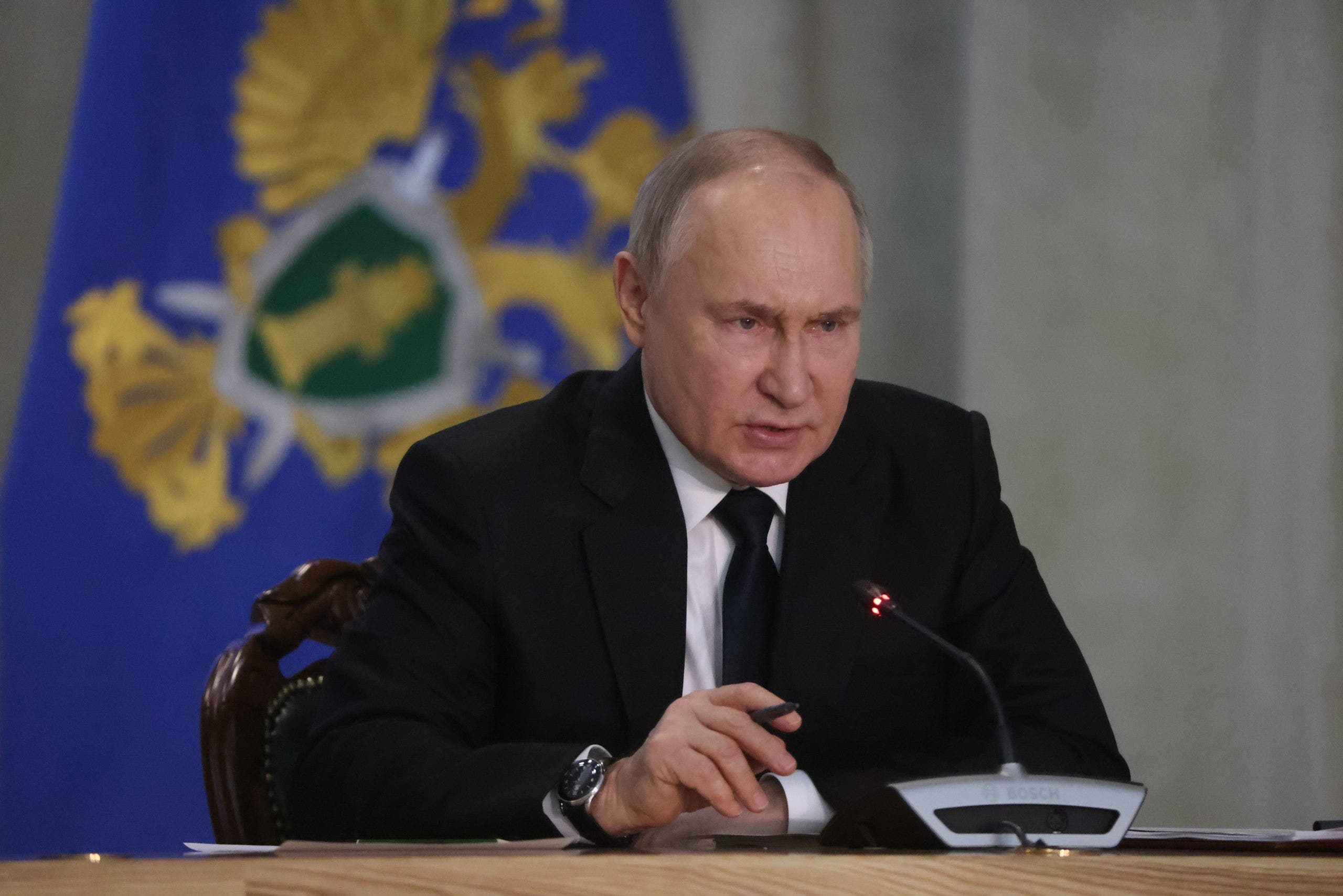Even as vote counting was still underway across France on Sunday night, one thing was clear: The left-wing coalition called the New Popular Front did much better than expected and helped deny the far right a victory.
Projections show the coalition coming out in front and gaining dozens of seats — a feat for an alliance that was forged only last month with the goal of keeping the far-right National Rally from power.
The alliance includes four left-wing parties: Communists, Socialists, Greens and the far-left party, France Unbowed. While many in France cheered what appeared to be a loss for the far right, others were fearful of what the far left might bring.
Last week, after the first vote in a two-round election, the coalition withdrew more than 130 of its candidates from three-way races in which the far right had a chance of winning — and pushed their supporters to vote strategically against far-right candidates.
The strategy appeared to have worked.
Despite the apparent win for the left, the polls showed that no party or alliance got an absolute majority that would make it the likely choice to form a government.
Still, Jean-Luc Mélenchon, founder of France Unbowed, a pugnacious and divisive figure, quickly declared that his party was not willing to negotiate to form a coalition government. Instead, he demanded that the left-wing alliance be given the reins to govern so it could implement its “entire program.”
Olivier Faure, leader of the Socialist Party, also said the alliance would not negotiate to form coalition government.
“That would betray the vote of French people and prolong the Macronist program,” he said.
Some voters consider France Unbowed, which has members who have been accused of antisemitism, to be at least as dangerous as the far right. And some economists have worried about the alliance’s spending plans at a time when France is already mired in debt.
The far-left’s proposed platform includes raising France’s monthly minimum wage, lowering the legal retirement age from 64 to 60, building one million new affordable housing units in five years and freezing the prices of basic necessities including food, energy and gas. The state would also pay households all costs associated with their children’s education, including meals at cafeterias, transportation and extracurricular activities.
Instead of drastically cutting immigration, as the far right had promised, the coalition pledged to make the asylum process more generous and smooth.
The New Popular Front has pledged to come up with the tens of billions of euros needed to pay for its programs by taxing wealthy individuals.
“It’s time to tax the super rich and the super profits,” said Mr. Faure to cheers Sunday night.
If tasked by President Emmanuel Macron to form a government, it is unclear who among the coalition’s leaders would be put forward as prime minister.
During the frantic four-week election campaign, the leaders of three of the four parties insisted they would not be led by Mr. Mélenchon.
At a time when attacks on and threats against French Jews have spiked, Mr. Mélenchon has been repeatedly accused of fanning antisemitism.
His fiery approach to politics and his unwavering pro-Palestinian views in the aftermath of the Oct. 7 attack on Israel were largely to blame for a breakup of the four groups last year after months of strained relations over other issues.
Mr. Mélenchon has refused to call Hamas a terrorist organization and vehemently denounced Israel’s military operation in Gaza as “genocide.” He also labeled a large demonstration against antisemitism, attended by two former French presidents, a rendezvous for “the friends of unconditional support of the massacre.”






